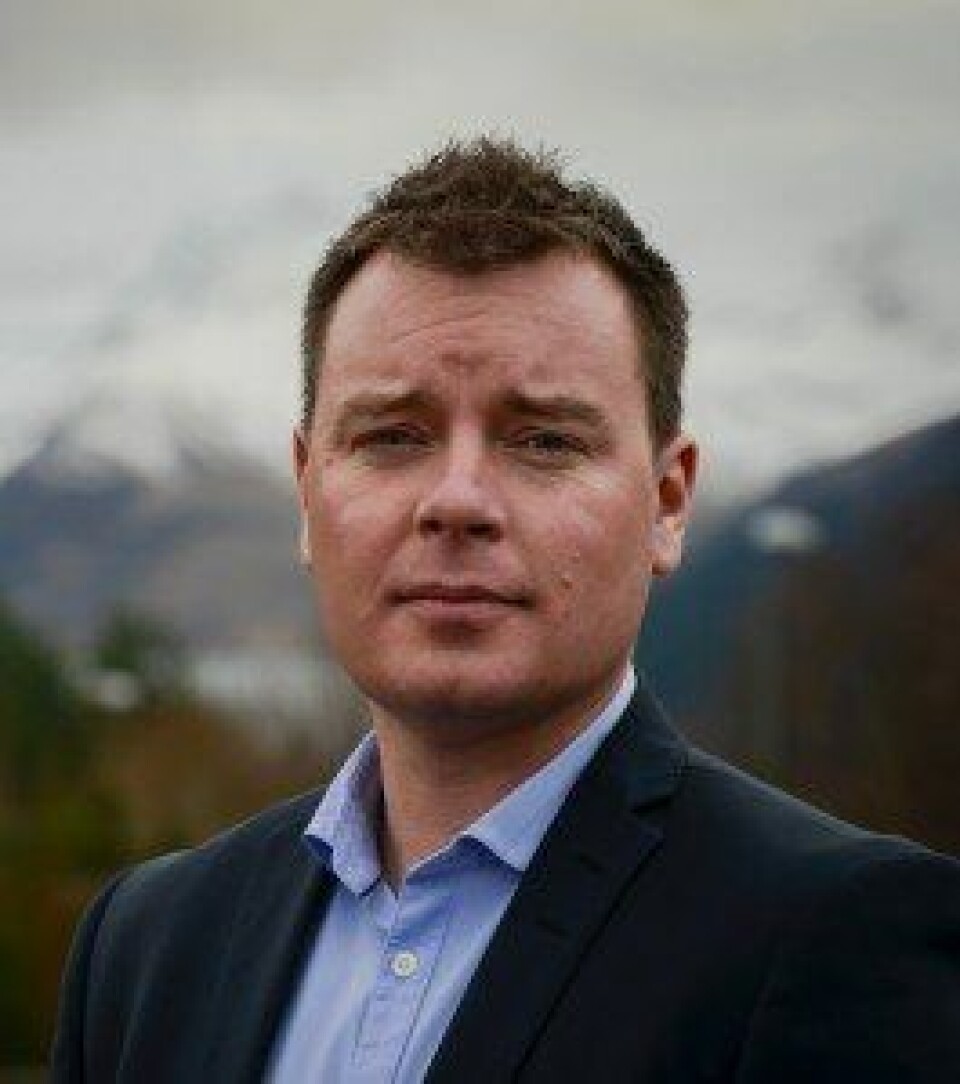
MSPs put fish farming back under the microscope
Fish escapes and mortalities, sea lice, use of wrasse as cleaner fish and transparency of reporting are all expected to feature when MSPs again turn their attention towards salmon farming tomorrow.
The new chief executive of the Scottish Salmon Producers’ Organisation (SSPO), Tavish Scott will face questioning from the Scottish Parliament’s Rural Economy and Connectivity (REC) Committee. Scott was a Liberal Democrat MSP from 2009 until 2019, representing Shetland, and his appearance will come the day after this morning’s announcement that Norwegian salmon farmer Grieg Seafood is seeking to sell its Shetland operation which employs more than 160 people.
SSPO sustainability director Anne Anderson and Ben Hadfield, chief operating officer for salmon farmer Mowi in Scotland, Ireland and the Faroes, are also due to be questioned by the committee, as is Terry A’Hearn, chief executive of the Scottish Environment Protection Agency (SEPA).

Urgent action
The REC Committee wants to know what progress has been made since the publication two years ago of its fish farming inquiry report which contained 65 recommendations.
The report called for urgent action to improve and enhance the regulation of the industry but rejected calls by industry critics for a moratorium on expansion.
Other recommendations included:
- Robust intervention by regulators for serious mass mortality incidents, including limiting or closing down production
- Mandatory reporting of lice data to regulators produced weekly in arrears, as in Norway
- Regulation of cleaner fish fishing to preserve wild stocks
- Data on medicine use made publicly available on the same platform used for sea lice and mortality data
- Strict penalties for fish escapes, as in Norway
- An immediate and proactive shift to site new farms away from wild salmon migratory routes, and immediate dialogue to identify scope for moving existing poorly sited farms
- A high priority given to waste collection and removal by the industry, the Scottish government and relevant agencies.
At the time the report was published, rural economy secretary Fergus Ewing said the Scottish government agreed with many of the conclusions, although not in the area of fish mortality.
Ewing said it was “disappointing that in recognising the challenges of mortalities the committee has not equally recognised the sector’s efforts to reduce the number of incidents and levels”.

Unsubstantiated opinions
Hadfield has also been critical of the conduct of the inquiry.
“Even though we respect free speech and critical opinions being voiced, I was disappointed at so many unsubstantiated opinions were allowed to detract from the veracity of the inquiry,” he told Fish Farming Expert in December 2018.
And in the March 2019 issue of Mowi Scotland staff magazine The Scoop, he said he was concerned “that some opinions stated at the hearings linger as fact”.
“Bluntly put, evidentiary hearings should bear witness to proof and fact, not conjecture and speculation,” wrote Hadfield.
Sustainability Charter
The salmon farming industry will be able to point to considerable investment in fish health that has taken place since the report’s publication, along with initiatives such as Mowi’s ongoing trial of AKVA’s TubeNet, which keeps salmon below the lice layer.
The SSPO has also launched a new Sustainability Charter which details 41 separate actions the industry will take to fulfil five pledges on animal welfare, minimising environmental impact, full traceability of fish, employment practices and relations with local communities. The charter includes a commitment to exploring the potential of new technologies to capture fish waste from marine farms.
The REC Committee meeting begins at 9am and can be viewed on www.scottishparliament.tv























































